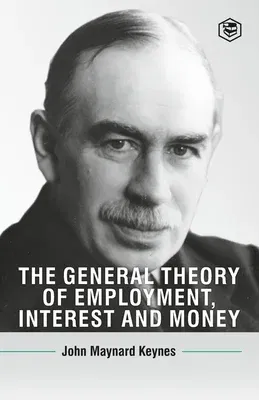John Maynard Keynes
(Author)The General Theory Of Employment, Interest And MoneyPaperback, 19 July 2022

Qty
1
Turbo
Ships in 2 - 3 days
In Stock
Free Delivery
Cash on Delivery
15 Days
Free Returns
Secure Checkout
Print Length
380 pages
Language
English
Publisher
Sanage Publishing House
Date Published
19 Jul 2022
ISBN-10
9394924221
ISBN-13
9789394924222
Description
Product Details
Author:
Book Format:
Paperback
Country of Origin:
US
Date Published:
19 July 2022
Dimensions:
21.59 x
13.97 x
2.16 cm
ISBN-10:
9394924221
ISBN-13:
9789394924222
Language:
English
Pages:
380
Publisher:
Weight:
480.81 gm

